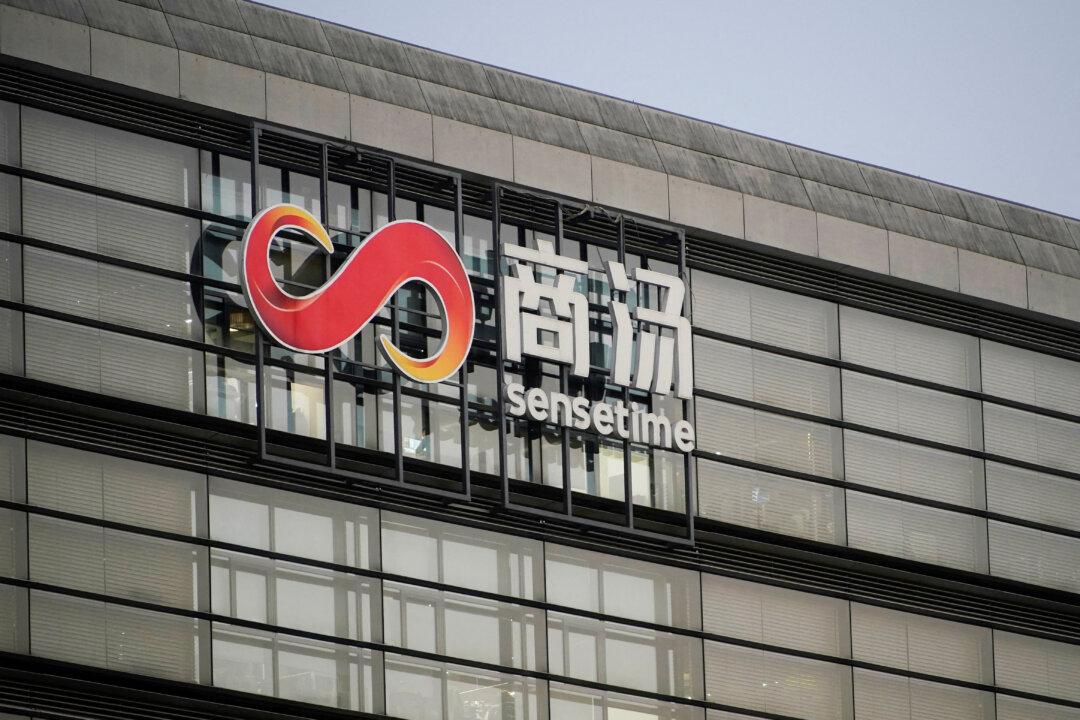Chinese artificial intelligence company SenseTime is experiencing a continuous reduction in shareholding by its major shareholders.
The company—hit by U.S. sanctions over Uyghur concerns—has accumulated losses of 43.83 billion yuan (about $6.14 billion) in the past five years.






